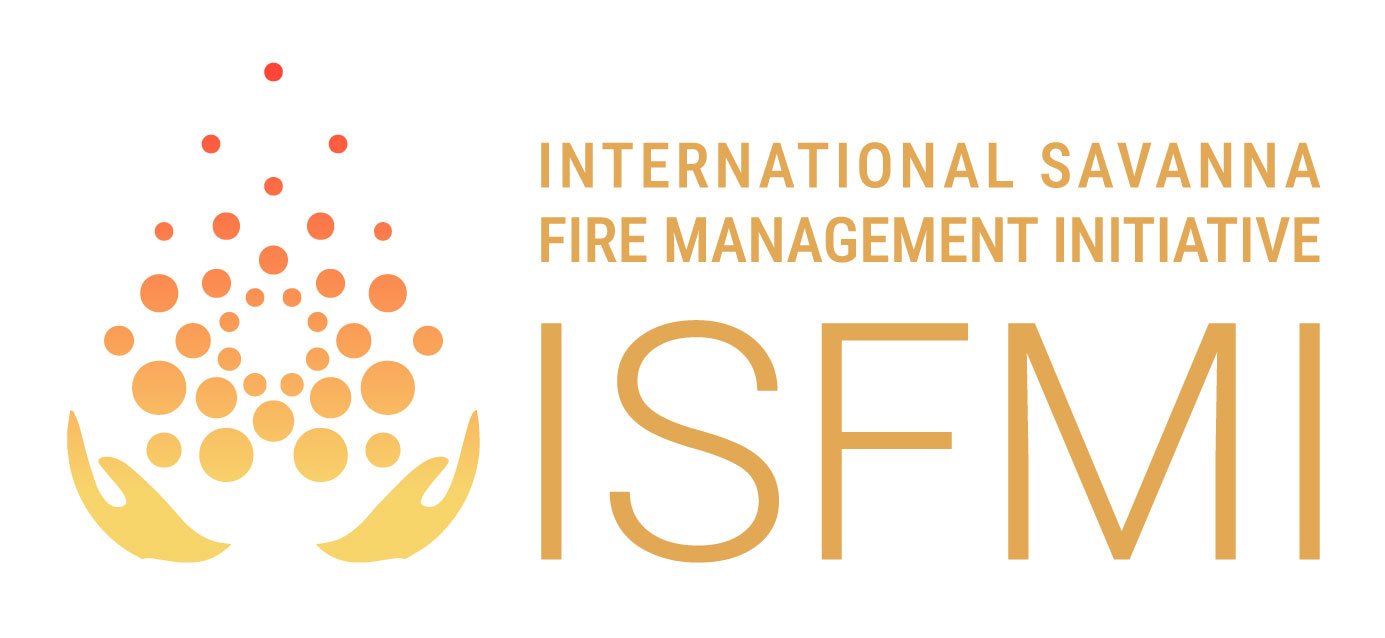ISFMI Team Confirms Technical Feasibility of Emissions Reduction Traditional Fire Management in Southern Africa.
Press Release: Indigenous Australians Point the Way to Innovative Emissions Cuts Globally
SYDNEY--For millennia, Indigenous peoples in northern Australia have burned large swathes of savanna terrain, particularly in the early-to-mid dry season, to manage resources and reduce the risk of catastrophic fires later in the year. Now, for the first time, a peer-reviewed paper, Opportunities and challenges for savanna burning emissions abatement in southern Africa, proves the technical feasibility and emissions savings potential of this fire management approach also outside Australia--at a time when wildfires are becoming more destructive globally.
“If ever there was a time to apply knowledge capable of preventing the loss of ecosystems, devastation to adjacent communities, and cut the greenhouse emissions contributing to intensification of fire problems in the first place, it is now. The paper provides solid scientific evidence of applicability early dry season traditional fire management in lands managed by Indigenous San and local communities in northern Botswana and neighbouring areas of Namibia and Mozambique, and is relevant to similar ecosystems throughout southern Africa and worldwide. This research establishes the technical viability of what is poised to become an important nature-based solution to climate change globally” said the article’s lead author Professor Jeremy Russell-Smith.
The evidence has been long in the making. Over the last two decades--building on generations of experience--Indigenous peoples in the north of Australia, scientists, and the Australian government have worked together to develop approved methodologies that land managers can use to prove emissions reductions they generate by burning in the early dry season.
The techniques not only reduce fire emissions from methane and nitrous oxide by 30-to-50 percent--they also contribute to biodiversity conservation. By this year, more than 75 savanna burning fire management projects were implemented across northern Australia, cutting wildfires by 50 percent and generating the equivalent of nearly 10 million mitigation tonnes; worth more than 90 million AUD annually.
Colonialism disrupted traditional burning practices, not just in Australia, but globally, leading to intense fire problems across the savanna and tropical dry forests of the world, extending across numerous countries in Central and South America, Asia and Africa.
This paper puts solid weight behind the idea that the success of this programme can be duplicated widely, bringing much needed income, training, conservation support and cultural revitalisation to Indigenous communities around the world. “All this paper does is confirm what Indigenous communities have known for centuries: managed burning is one of the best techniques we have to protect the land for the future,” said Mr. Nolan Hunter, Chair of the Advisory Committee to the International Savanna Fire Management Initiative and a Senior Advisor on Indigenous Affairs.
‘Australia is proud to support this ground breaking initiative to share Australia's traditional knowledge on fire management with Botswana through this unique network of traditional owners, indigenous organisations, scientists and the private sector. We have seen that harnessing this indigenous knowledge in addressing climate change offers unparalleled opportunities to mitigate against and adapt to climate change, thereby accelerating enhanced climate action to achieve the Paris Agreement goals and the Sustainable Development Goals’ says Mr Jamie Isbister, Australian Ambassador for The Environment’.
Research sponsors:
The research was an initiative of the International Savanna Fire Management Initiative in collaboration with academic partners, funded through an Australian Aid grant from the Australian Department of Foreign Affairs and Trade.
Publication Details:
The full article can be viewed free of charge through the link provided until May 27th 2021.
Enquiries:
For all press and other enquiries contact: secretariat@isfmi.org


